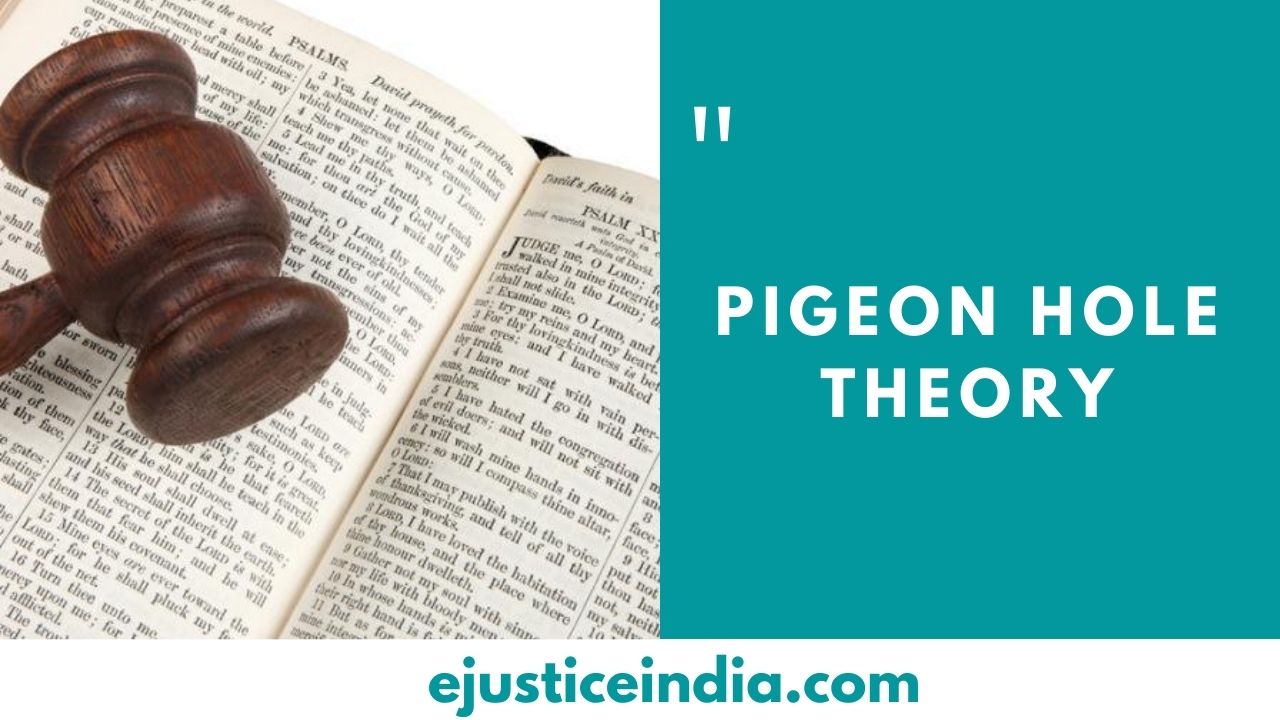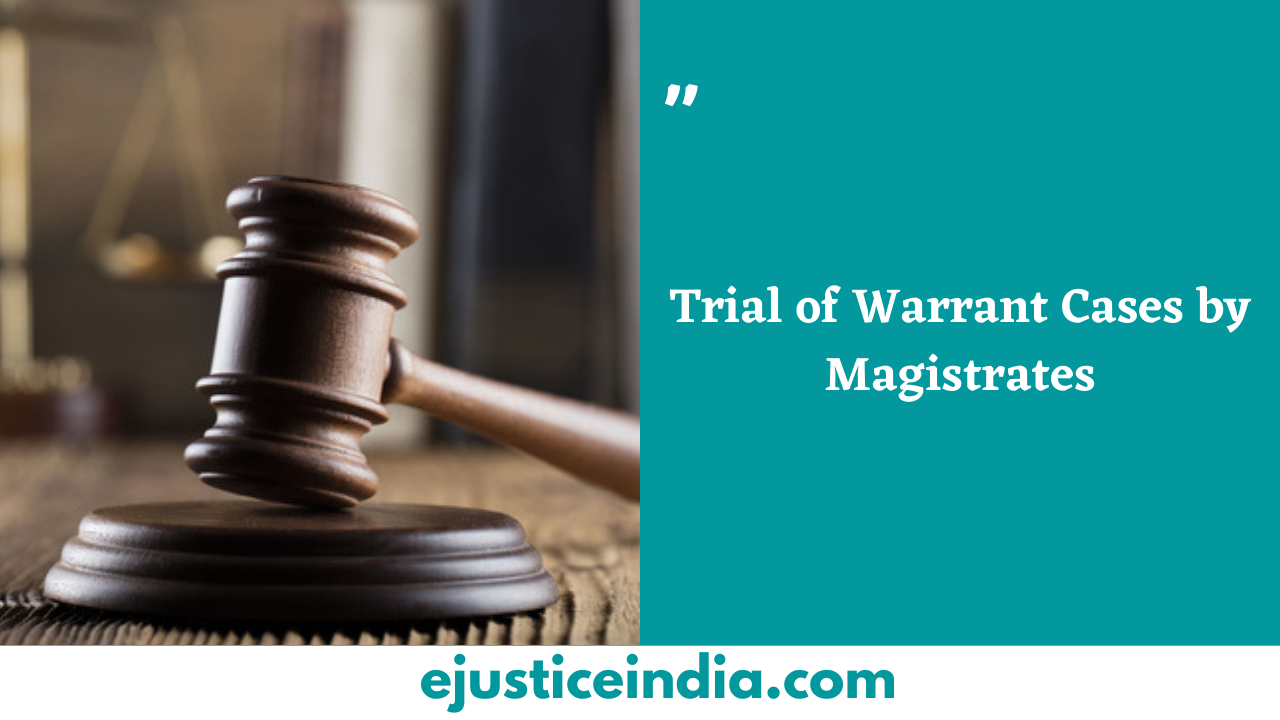WORKING OF PATENT LAW DURING COVID 19
Author :- Sonali Nagariya

Recently a cancer organization called Cancer Patients Aid Association (CPAA) has written a letter to the Government of India asking for the revocation of a patent granted to the drug brand called Remdesivir. Remdesivir is listed as one of the most hopeful medicine to bring a cure of COVID 19 by World Health Organisation. The patent was granted in February 2020. The issue regarding the drug brand is that, first, the drug is a reformulation of an already existing published formulae and second, under Section 66 of the Patents Act, the central government has the power to revoke a patent in light of public interest, wherein the exercise of the patent will be prejudicial to the public interest. The question of the hour is that how we balance the highly expensive vaccine production procedure for pharmaceuticals who need finances constantly for research and development vis-a-vis the need to grant access of such medicines which are then protected by patent.
Section 84 of the Patents Act, 1970 states that a person shall apply to the Patent Office to get a license (Compulsory Licensing) for a patented product, even without the consent of the patentee, on any one or more of three grounds that:
- the patentee is unable to satisfy the reasonable requirements of the public concerning the patented product; or
- the patentee has not made the patented invention available at a reasonably affordable price, or
- The patented invention is not worked in India.
In these above grounds, Ground (a) which concerns about the misfortune to meet public demand for the drug is most likely to be invoked for the current pandemic. The global epidemic COVID-19, has a widespread infection, depending on the effectiveness and the recommended dosage, the worldwide demand of a COVID- 19’s vaccine is bound to be extremely high. It is pretty unlikely that any patentee will be able to meet this demand, at least shortly. The above facts will present a strong case for granting a patent.
Patent law typically requires that a Compulsory Licensing (under Section 84 of the act) can be sought only after three years of granting a patent. However, there is scope for special provisions (such as Section 92 of the Act) which can be used while dealing with a national emergency or other circumstances of extreme urgency under which the Government has the power to declare the grant of a Compulsory Licensing, even if this mandatory 3-year period has not expired. A global pandemic is certainly to be considered a “circumstance of extreme urgency”. Once the power is invoked, pharmaceutical companies can obtain a Compulsory Licensing on reasonable terms.
Section 100 of the Act in hand, also known as “march-in rights” allows the Government or any entity authorized by it to use an invention by paying the patentee an adequate remittance for such use. This honorarium is calculated by taking into account the economic value of the use of the patent. Also, Compulsory Licensing can be issued for the Government use under this provision. This can be made even before reaching an agreement with the patentee regarding the finance to be paid. In a situation where the Government is unable to reach an agreement with the patentee, the High Court is entitled to serve an adequate remittance to be paid to the patentee.
An extension of this above provision is discussed in Section 102 of the Act. This section provides for not only the procedure to acquire the product but also multiply it, that is, manufacture it for serving its demand. It empowers the government to create a stockpile of the product for putting to that use. This brings us to a larger question that not only are we presuming that the situation for a Compulsory Licensing has arisen but also that we at this preliminary stage are taking away the chance of pharmaceuticals to recoup whatever investment it has made for research and development of the COVID 19 vaccine. While under Section 84 and 92 establishes a provision for royalty to be paid to the pharmaceuticals, Section 103 allows for application establishment of this remuneration’s demand through Section 103 of the Act which provides that the High Court must entail such royalty.
Coming back to the application of revocation by the Cancer Patients Aid Association (CPAA) is a way bigger proposition as one is demanding for the denial of a patent which has already been granted. The principle behind a Compulsory Licensing is that there is an underlying patent. So, once a revocation of such patent is done, one is denying the company of royalty from a Compulsory as well as Voluntary Licensing. The contoured look at this situation comes into loggerhead when we look at Section 3(b) and Section 66 of the Act.
Section 3 of the Patents Act, 1970 has a list of unpatentable inventions. Section 3 (b) of which states that “an invention the primary or intended use or commercial exploitation of which could be contrary to public order or morality or which causes serious prejudice to human, animal or plant life or health or the environment.” The question on this very instance of the section is that whether commercial exploitation of such inventions is prejudicial to human health?
On the other hand, Section 66 of the Act deals with the revocation of the patent in the public interest. There are several parameters for the application of this article. One such which shall be referred to in this discussion is that the patent or the mode in which it is exercised is mischievous to the State or generally prejudicial to the public. Thus, the public interest also deals with the fact that the patent holder must apply for a patent mischievously that it shall be revoked by the state.
This Section 66 and the meaning of public interest has been analysed in the case of Merck v. Glenmar, a Delhi High Court decision. It was declared that public interest component will be imperative in situations where life-saving drugs are in question. It was cited in this case that if a patentee does move the Court to seek an injunction against manufacture and sale of Compulsory Licensing, then the public health, social and economic urgency arising out of this global pandemic shall justify the refusal of an injunction. On the hind side, the Court can award a reasonable royalty, which would in effect function as a license to the generic pharmaceutical drug makers to manufacture and sell Compulsory Licensing. This shall help them to recoup their expenditure and further invest in Research And Development. Another such case is Roche v. Cipla. In this case, the Court decided that considering the significant price gap between the parties’ drugs, public interest requested shall not be granted.
Looking at the international statutes on this issue, The Doha Declaration came out as a branch of the TRIPS Agreement, which focusses on public health issue in drugs being produced and sold in developing countries. While the declaration is prescriptive as it states, “member states are free to formulate their mechanism to tackle public health issues” but it does consistently reiterates that Compulsory Licensing is a means to tackle this issue. But no International statute determines any concept of revocation of the patent. Thus, at least according to global terms, one must want a patent holder to hold onto the patent and also be granted recognition for it. But these terms also allow for Compulsory Licensing to be given to allow sufficient production of the drug or vaccine while making it accessible. This would also provide a royalty to the patent holder.
Apart from this, Section 92(a) of the Patents Act, 1970 provides for a mechanism whereby least developed countries can apply to the Indian Comptroller General for Compulsory License to export any drug that is so required by them. Thus, indirectly, the revocation shall be hindering these countries to export patented drugs/ vaccines. This is because patented drugs will not be able to apply for Compulsory Licensing, once their patent is revoked. In conclusion, revocation and refusal to grant a patent is firstly not been contemplated by International Law as a means to resort to and secondly, it does not hold good for the stakeholder who engages in revocation for a patent that has already been granted. There has been a lot of debate regarding the steps that India can take to ensure that vaccines are available in India, so much so, that even before any concrete proof of the efficacy of Remdesivir in humans, patient groups have petitioned the Indian Government to revoke the patent on the drug. The Indian Patent law must first achieve its primary goal of public good and well-being. However, stakeholders who are spending millions right now in Research and Development of a vaccine to this global must also get a share in their work as incentivizing innovation is also an important component of “public good and well-being”. Important learning in this global pandemic is that we all must invest in Research and Development in the field of medicine and investment in a healthy lifestyle and affordable and accessible health care to ace ourselves up for any future epidemic of a similar kind. Thus governments and Courts must adopt procedures that balance and harmonize the requirement to incentivize novel innovation and the accessibility of the vaccine to the public at large at an affordable price



Like!! Thank you for publishing this awesome article.